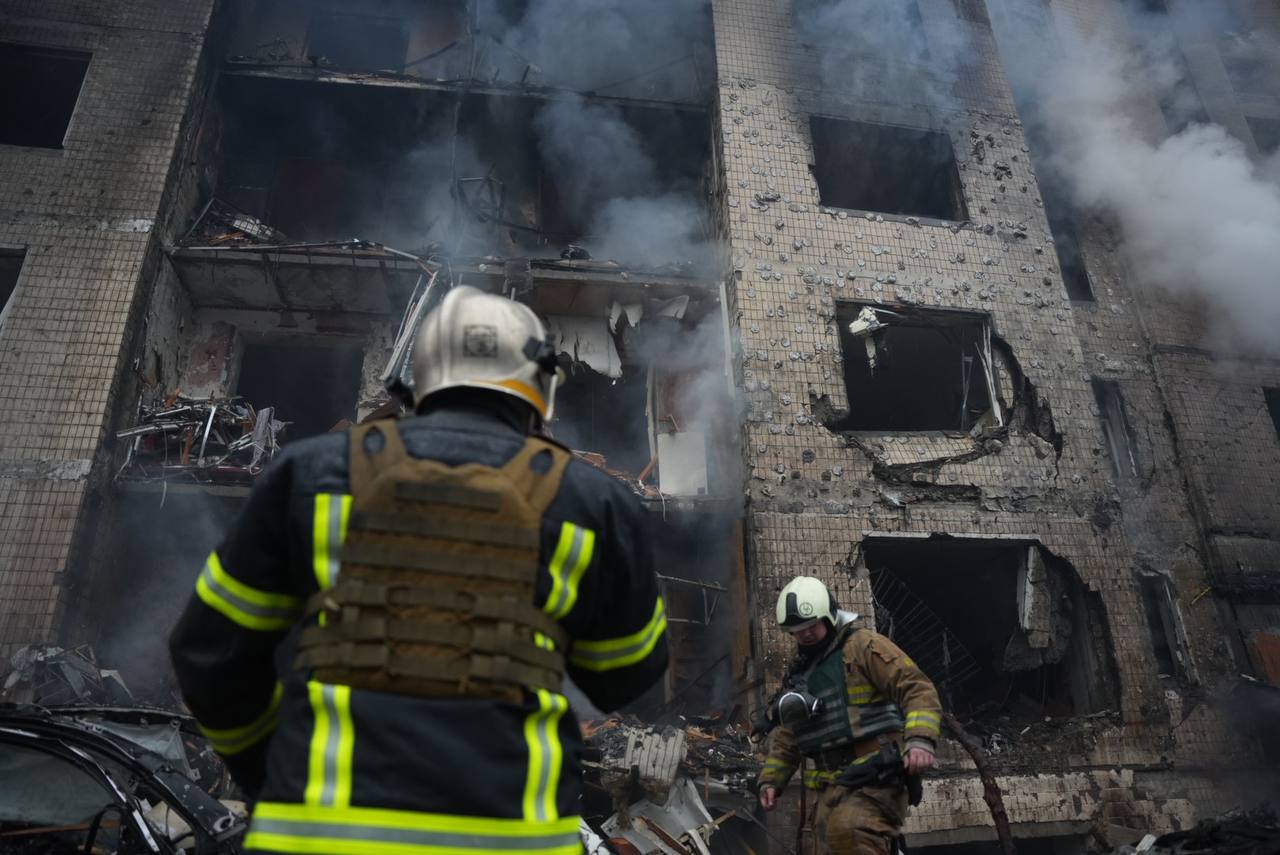DTEK: Power partially restored in Kyiv following Russian attack

Energy workers had restored power for some residents of the Sviatoshynskyi, Shevchenkivskyi, Obolonskyi, and Podilskyi districts of Kyiv following a Russian missile attack on Jan. 2, the Ukrainian energy company DTEK reported.
Around 86,000 people remain without electricity in Kyiv and Kyiv Oblast, according to the Energy Ministry.
Russia launched almost 100 missiles against Kyiv, Kyiv Oblast, and Kharkiv on the morning of Jan. 2, targeting critical infrastructure, as well as civilian, industrial, and military facilities. At least five people were killed, and over 90 were injured.
In Kyiv, the Kurenivka area and parts of the Obolonskyi and Sviatoshynskyi districts remain without power, the DTEK's press service reported.
Russian attacks damaged power grid equipment and overhead lines in the capital and Kyiv Oblast, the DTEK said. Outages were reported in several communities of the region.
Specialists are currently working to restore energy supply to all residents.
Earlier on Jan. 2, the Ukrainian Energy Ministry said that 260,000 Kyiv residents were left without electricity due to the attack.
Water supply was restored in all of Kyiv's districts, according to the Kyiv City Military Administration.











